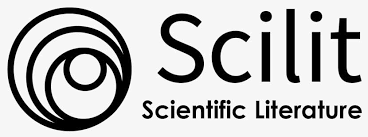Rancang Bangun Sistem Informasi Surat di Majelis Pendidikan Dasar Dan Menengah Pimpinan Wilayah Muhammadiyah Daerah Istimewa Yogyakarta Menggunakan Metode Extreme Programming
DOI:
https://doi.org/10.14421/jiska.2018.32-04Abstract
Correspondence is one activity that can not be separated from an organization, because the mail is one of the important communication media in the organization and communication with other organizations.
High-intensity correspondence activities need to have a good management, so that the information conveyed can be delivered properly and safely. This management can also make letters well documented.
System development in this research using Extreme Programming method. This method was chosen because the development is still done on a small scale. In addition, this method has a simple process, fast and precise because prioritizing the communication aspects between clients with developers. The built-in information system has features for receiving incoming mail, sending outgoing mail, sending and receiving mail dispositions, and sending and receiving memos. With this system can be effecient mail management and make it easy to manage the data letter itself.
Keywords : Agile Process, Letter, Extreme Programming, PHP, Information System
References
Downloads
Published
Issue
Section
License
Authors who publish with this journal agree to the following terms as stated in http://creativecommons.org/licenses/by-nc/4.0
a. Authors retain copyright and grant the journal right of first publication with the work simultaneously licensed under a Creative Commons Attribution License that allows others to share the work with an acknowledgement of the work's authorship and initial publication in this journal.
b. Authors are able to enter into separate, additional contractual arrangements for the non-exclusive distribution of the journal's published version of the work (e.g., post it to an institutional repository or publish it in a book), with an acknowledgement of its initial publication in this journal.
c. Authors are permitted and encouraged to post their work online (e.g., in institutional repositories or on their website) prior to and during the submission process, as it can lead to productive exchanges, as well as earlier and greater citation of published work.









